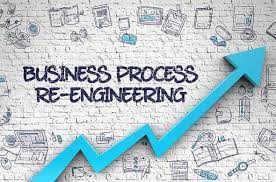Transformative leadership is a dynamic style that emphasizes inspiring and motivating team members through a compelling vision for the future. Leaders who adopt this approach are known for their ability to drive significant organizational change by challenging the status quo and fostering innovation.
Our Blogs

Find our educative blogs
The best corporate management training programs teach executives on how to effectively market leadership development programs to the employees within the business organization.





















